Many of you have heard that Kabbalah Experience is restructuring its staff. Teacher Melanie Gruenwald will be the new Executive Director and our founder, Dr. David Sanders, will assume the position of Spiritual Director. It is an exciting time for them personally and for Kabbalah Experience. David and the KE Board of Directors wanted to find a person with the qualified skill set to assume the administrative leadership of KE and who possessed a passion for and capability of teaching transformational kabbalah. The only surprise was that as much as we wanted Melanie for this position, Melanie met our enthusiasm with a resounding yes.
The following is a transcript of David and Melanie’s recent discussion about their new roles and hopes for Kabbalah Experience.
Melanie: How do you go about creating the curriculum for a Kabbalah class, do you have a template you work from?
David: When it comes to new classes, I first think of a topic that is current, one that students are talking about and can lend itself to a spiritual focus. Last summer, when the Dead Sea scrolls were exhibited at the Denver Museum of Natural History, I wondered what was the underlying mysticism of the community that produced and housed the scrolls. I first studied the scroll texts in graduate school in 1979, just after the first of the scrolls were being published. I recalled a scholarly book by Professor Rachel Elior which revealed the unique spiritual teachings and practices of this sect. In preparation for class I read her Three Temples: On the Emergence of Jewish Mysticism and a new KE class was born. This spring, the Netflix Israeli series Shtisel became an international curiosity. I watched with fascination and saw “mask” themes worthy of exploring in a class this summer, so alongside other special classes, we will explore Shtisel (and learn how to pronounce it).
Beyond our Foundation classes, what are you thinking about teaching this summer?
Melanie: People frequently referred to Brene Brown in the classes I taught this year, and I was curious what the connection was between her work and kabbalah. I watched her TED Talk on the power of vulnerability, and it really spoke to me. As I read her books, and watched Dr. Brown’s new Netflix special, I envisioned parallels between her work, and the themes we address in Kabbalah Foundation classes. This is the first course I have created for Kabbalah Experience, and I am enjoying the process.
How did you develop the core curriculum?
David: The curriculum developed slowly. Back in 2003, the text we used as our curriculum was Allen Afterman’s Kabbalah and Consciousness. It is still my favorite book on Kabbalah, but it is quite dense. It was necessary to take some of the concepts and core teachings from his book and make them more accessible and practical. The Chassidic masters were adept in taking Kabbalah teachings and applying them in psychological terms—and as a psychologist I also wanted to integrate into Kabbalah study wisdom from psychology, other fields of science, from the arts and other spiritual paths. We now have a solid four year curriculum and I know that as we continue to teach and learn from each other, from our students and other faculty, the curriculum will evolve as it does each and every year.
What do you see as KE’s greatest challenge and opportunity as you take on this new role for KE?
Melanie: I believe that the greatest opportunity at Kabbalah Experience is the strong foundation that you have built. I am excited by the people, the curriculum, and the energy of the community. The greatest challenge, is seeing all of the possibility we have to grow, and pacing myself to address these opportunities in an intentional way. I am looking forward to helping to expand our educational opportunities, both online and in person, to expanding our local, national, and international presence, and to ensuring a vibrant, stable, and fiscally secure organization. Personally, it means so much to me to find a position that is so aligned with my interests and passion.
What are you most proud of at KE?
David: I have always placed learner centered learning as the highest priority for the way we study together. We see this reflected in the round tables we sit at—there is a 360 degree egalitarian perspective through which we all learn and challenge each other, student and teacher alike. One of your personal qualities, Melanie, that I value the most is your self-introspection and your willingness to share that with your students. For me, this is the essential quality of a spiritual teacher—being a full participant in the same process being asked of students. As a parent, husband, teacher and therapist there are three qualities of the Sefirot that I value most and work on daily; acceptance, gratitude, and setting boundaries. I take pride in and have deep gratitude to all who have made the past thirteen years of KE such a life-changing and lasting experience for thousands of people. We have a dedicated Board, generous donors and partnering funders that have sustained us these many years. In the end, it is the relationships created that make such a difference. I received an email today from a former student letting me know how she is re-engaging with her church—“from a Kabbalah perspective!” Being in a community of like-minded and caring people supports us taking risks and new awareness brings us freedom to choose.
How did KE manifest in your life?
Melanie: My family moved to Denver in July 2008, when my husband, Salomon, was asked to serve as a rabbi at Congregation HEA. I had friends that were connected to Kabbalah Experience, but with young children and a full-time job, I did not have much time for classes. I always kept an eye on Kabbalah Experience, and its schedule, and you and I stayed connected through the community. In the Spring of 2016, when Koby, my oldest son, was diagnosed with Glioblastoma, the framework of my life shifted. I left my job to care full-time for Koby. In the summer of 2017, you (and our class!) welcomed Koby and me, and we found a space free of medical treatments and therapies— a space where we could grow and learn together in a meaningful way. Koby always added deep thought, and also levity, to our classes’ conversations, and internalized the message of finding “light in darkness.” Koby became a teacher of that lesson for many of our friends and family. Koby became more ill over the course of the year, and could no longer attend classes in person. I kept going— it was important for me to have an outlet, and was just finding a space for taking care of my “self.” When Koby passed away, in January 2018, all I could do was show up at the classes. It became part of my routine and purpose. David, you asked me if I would consider teaching for you— and as we became closer, and I became more invested in KE, we began the discussion of my assuming a leadership role in the organization. I am so grateful for the way you see people, and help bring out the best in us. I am grateful for the trust you place in me, and the opportunity to serve as the Executive Director of Kabbalah Experience.
What do you plan to do with all your “freed” up time as KE’s Spiritual Director?
David: Spiritual Director does not mean I will be only here in spirit! I will continue to teach, as always, though my focus will be on the advanced classes and developing new curriculum both for live and self-study. I am also going to put the teachings of transformative kabbalah “out there” through books, blogs, podcasts and videos. My intention in lessening my administrative duties for KE is also to walk our talk of tikkun olam in creating more equity for my family life through work-home balance and being a voice and an active participant in addressing the pressing issues of the Human Narrative for our and the next generation. Kabbalah has much to offer as a vision for greater consciousness regarding people and planet. Judaism as we have known it is not the end game and we will need, as the Kabbalah has set forth, a new vision for humanity. The Hebrew word for tree is Eitz—which is the same root Hebrew word for “advice.” If I had to suggest a metaphor it would be the advice a stand of aspens, whose interconnectedness and interdependence, gives us human beings: live as if all life depends on your awareness of others in your worl
Speaking of metaphors, what is the metaphor that your role at KE represents for you?
When we talk about metaphors, I ask myself the question of “what is the ‘story’ that we carry in a space?” What is my metaphor at Kabbalah Experience? Am I seeking, journeying, leading, teaching? I believe, that in my experience at KE, both as a student, and teacher, my metaphor is ‘connecting’. I’ve always been a connector. I derive great pleasure from getting to know people, connecting people to resources and organizations that might have meaning to them, connecting them one to another—- connecting soul to soul. As a student and teacher, I have had the unique opportunity to connect with myself (which I don’t often have time to do!), connect with Koby, with new friends, connect intellectually, and connect my skills and passions (my Ohr!) in a deeply fulfilling way. I eagerly anticpate our first day of summer session on July 8th, and welcoming new and returning students to this special space. Thanks for all you have done David to build this organization, and for creating this home for transformational growth in our community.


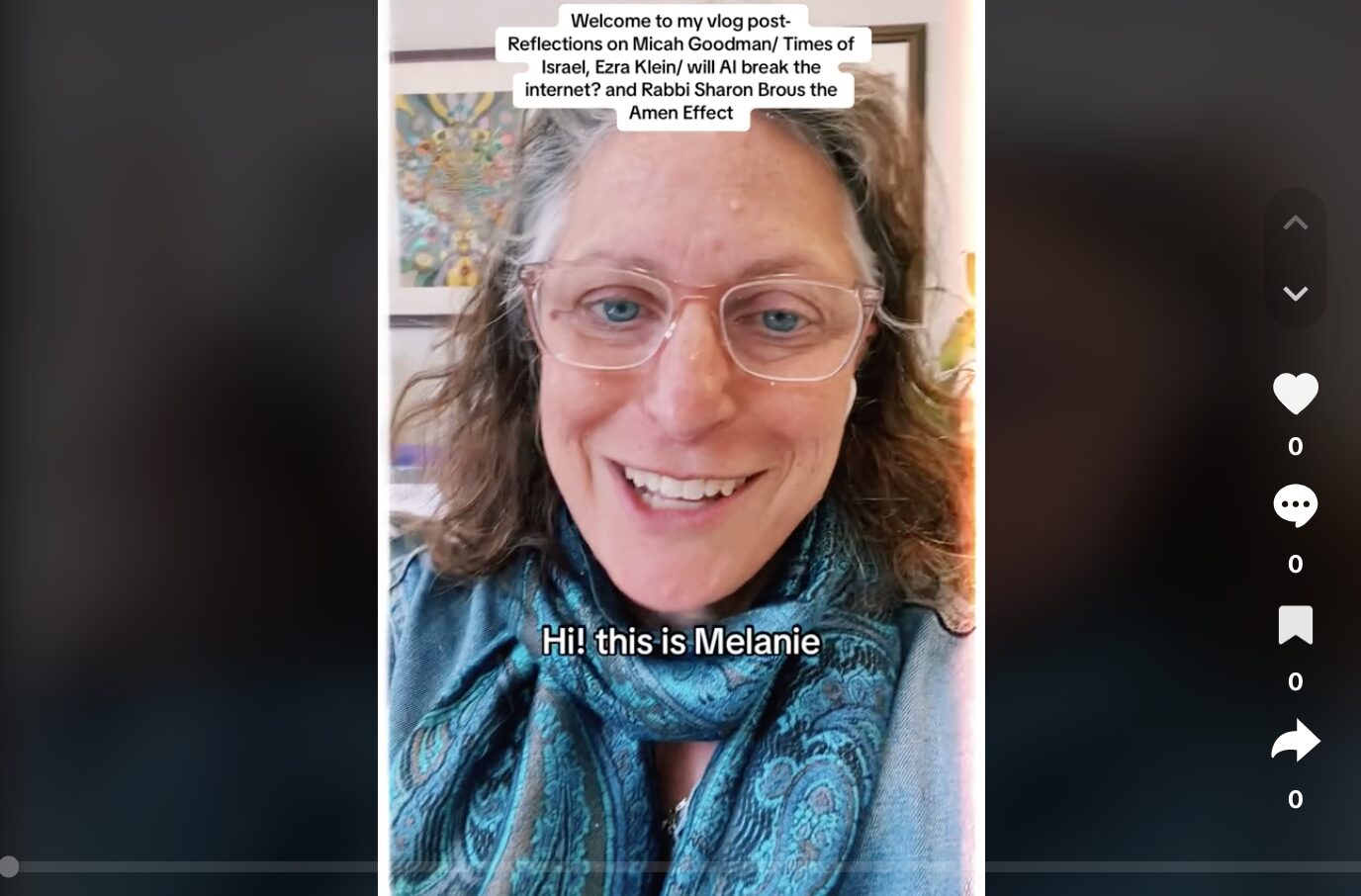

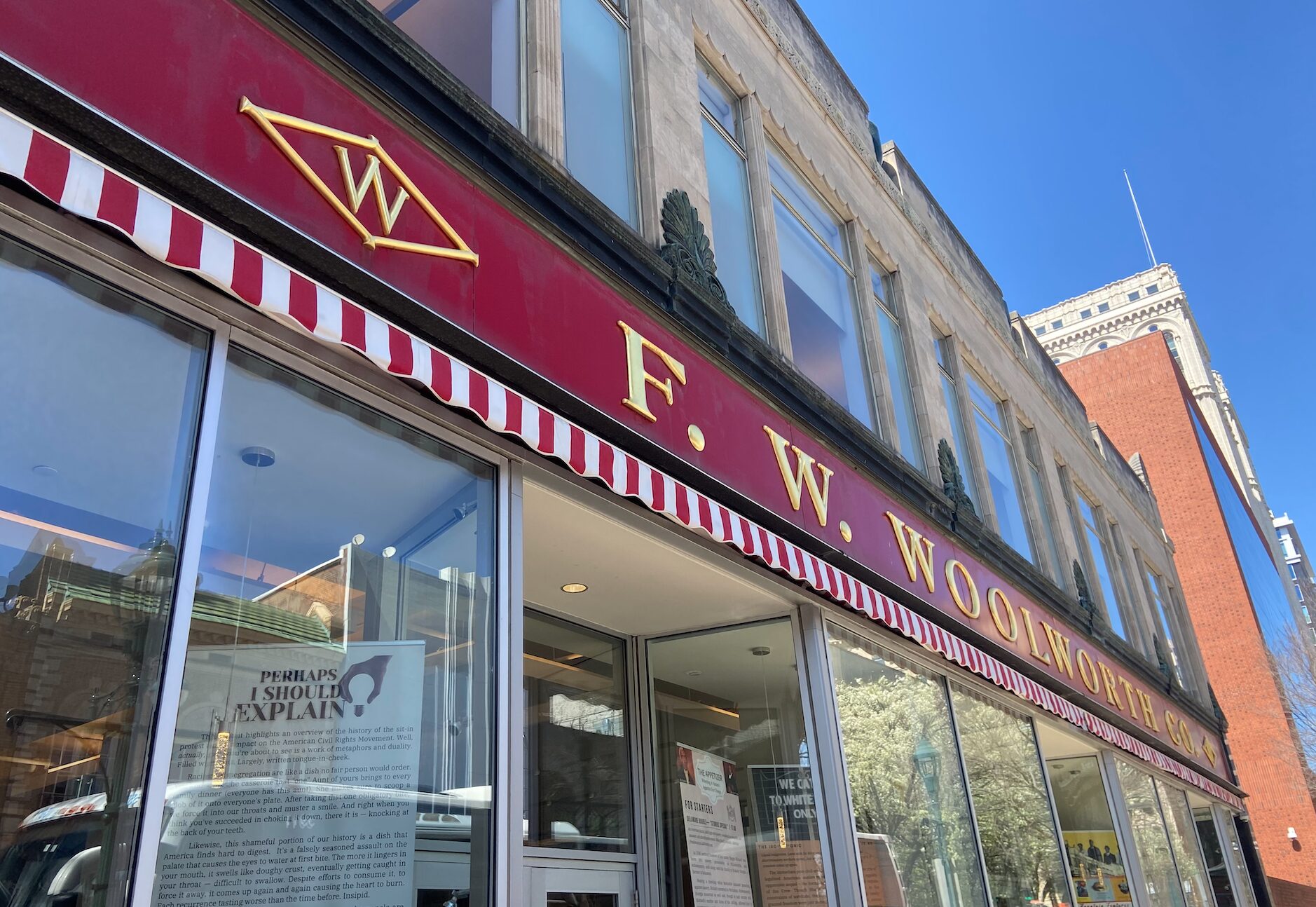
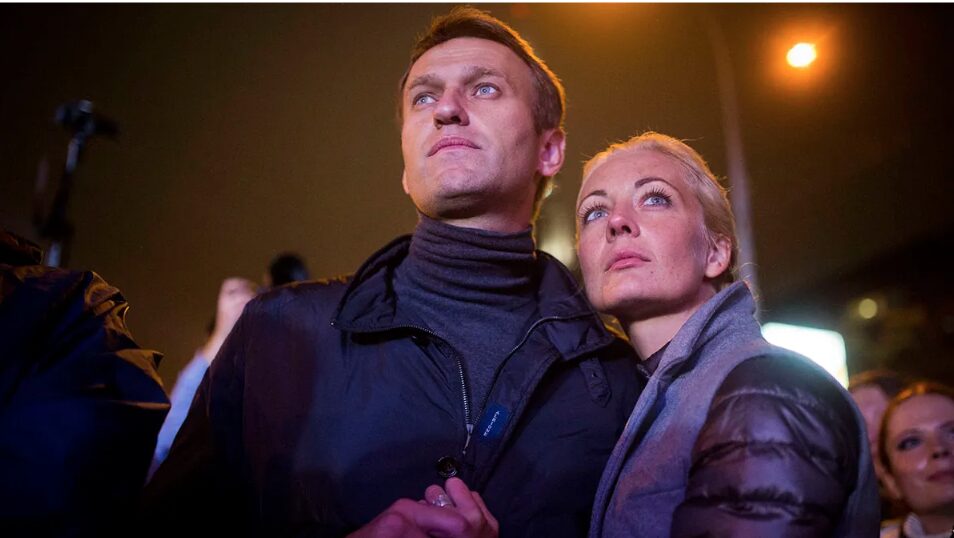
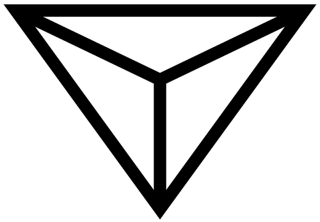


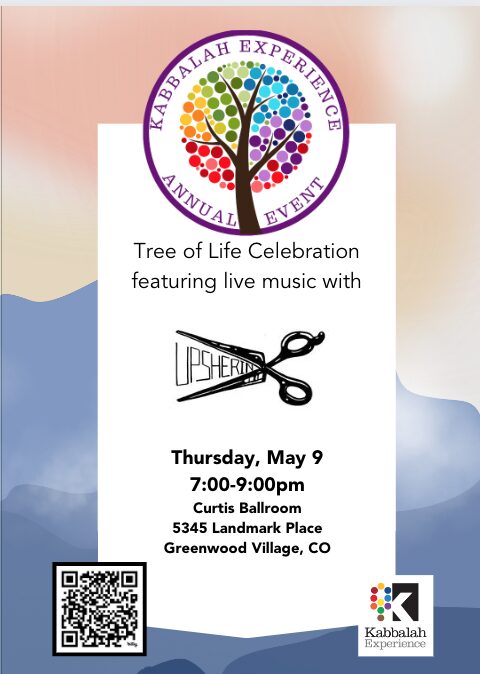
1 Comment
Pamela Mayeda · June 29, 2019 at 7:40 pm
An enlightening introduction to Melanie & insights into David